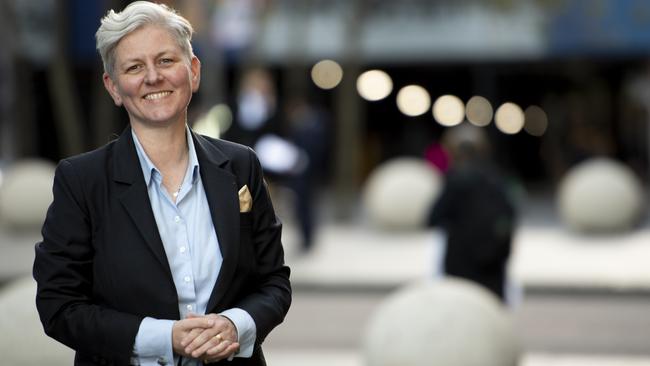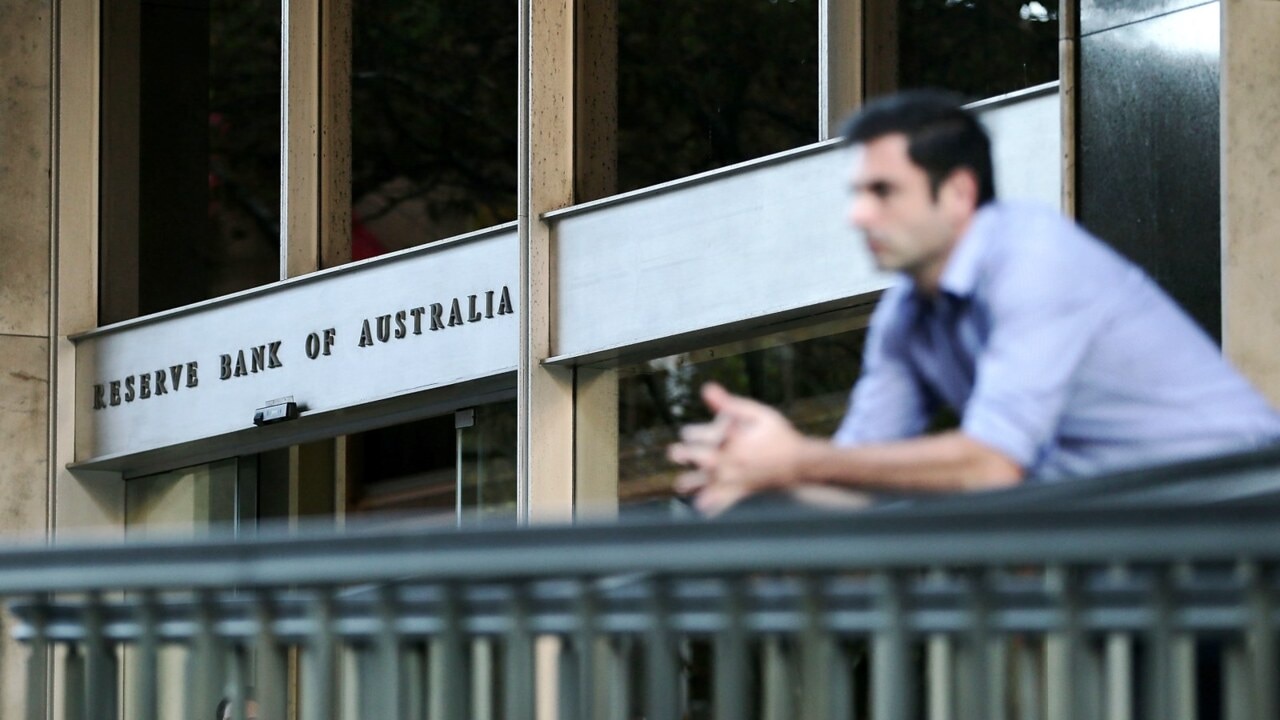Don’t discount chance of another rate hike, economists say
Mortgage holders could be hit with further rate hikes if companies choose to use lower global goods prices to pad profit margins instead of passing falling costs on to customers.

Mortgage holders could be hit with further rate hikes, potentially as early as Melbourne Cup day, if companies choose to use lower global goods prices to pad profit margins instead of passing falling costs on to customers.
Westpac chief economist Luci Ellis, who until recently was the Reserve Bank’s head of economics, in her first note to clients noted that prices for imported items such as furniture and home furnishings were still climbing strongly in the three months to June, and that audiovisual goods prices had bucked a historical trend to move higher.
This was despite the end of worldwide supply chain snarls that helped send prices soaring during the pandemic lockdowns. Freight shipping rates, for example, have plunged over the past 18 months from about $US9500 to pre-Covid rates of $US1750.
Westpac believes the cash rate has likely peaked at 4.1 per cent.

After NAB’s business survey this week showed a further easing in firms’ cost pressures, Ms Ellis said “one area to watch is whether falls in global prices of some goods flow through to falls in retail prices here in Australia, or whether prices instead stabilise and margins expand”.
“The RBA has been alluding to this issue for a while,” she said.
“RBA head of economic analysis Marion Kohler also called out the delayed turning point in audiovisual goods prices in her speech in May.”
The ACTU has accused corporate Australia of “price gouging”, saying profiteering has been responsible for high inflation – an assertion debunked by the Reserve Bank, Treasury and mainstream economists.
The Australian Retailers Association has said shops were preparing to offer discounts for pre-Christmas shopping, and another rate hike would be disastrous for the sector.
Jarden chief economist Carlos Cacho said record population growth, the boom in working hours and Australians’ willingness to dip into their remaining $200bn in pandemic savings was making it harder to bring down inflation and could force the central bank board to deliver a 13th rate hike on the first Tuesday in November.

The warning from economists comes despite retail spending on a per capita basis plunging by a record 4.5 per cent in the year to September, alongside recent analysis from the RBA that as many as one in eight mortgaged households could no longer make ends meet.
Indebted households face an anxious few weeks’ wait to see whether data on jobs – on Thursday – and then key inflation figures the following Wednesday will come in hotter than anticipated and force the RBA to inflict more pain.
Mr Cacho said while official data showed retail spending was 1.5 per cent higher in the year to September, stripping out rapid population growth and higher prices would leave real per capita spending down 4.5 per cent.
The dozen interest rate rises since May last year took the cash rate from 0.1 per cent to 4.1 per cent, and drove mortgage repayments up to 50 per cent higher.
In households earning under $78,000, one in five can’t balance family budgets, the RBA has said.







To join the conversation, please log in. Don't have an account? Register
Join the conversation, you are commenting as Logout